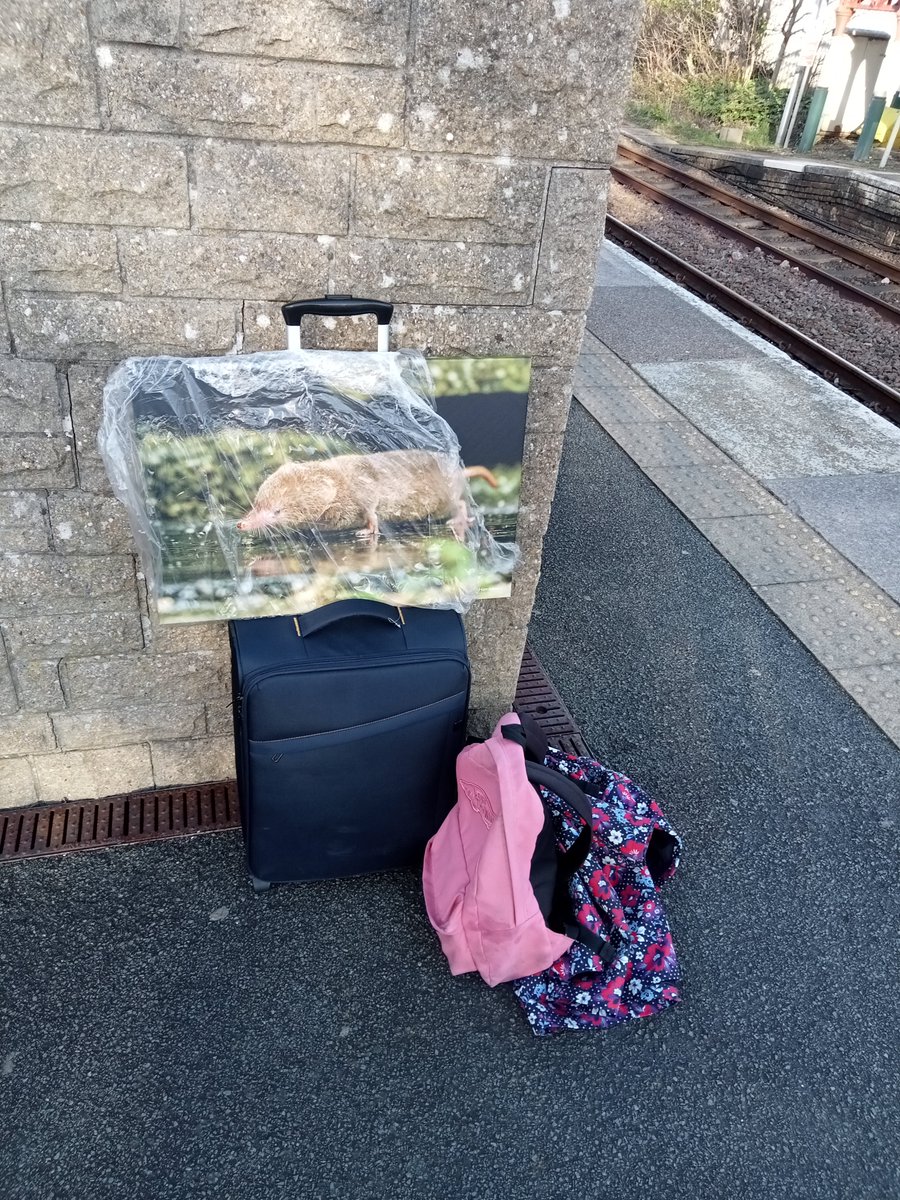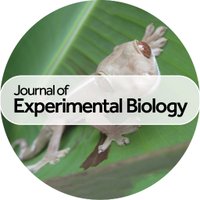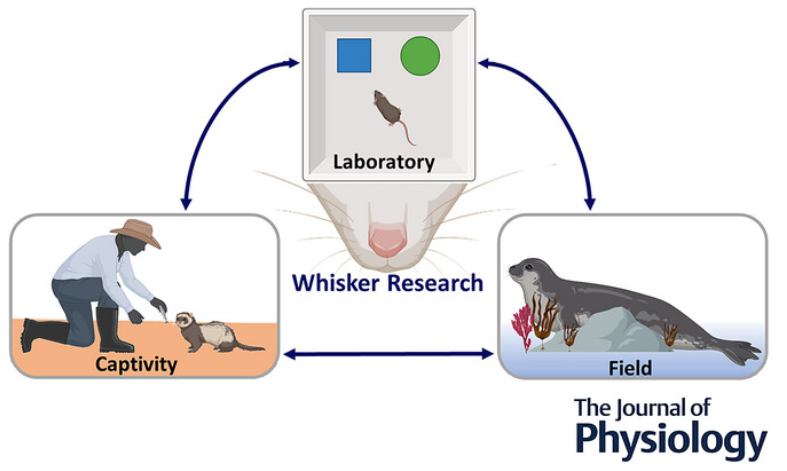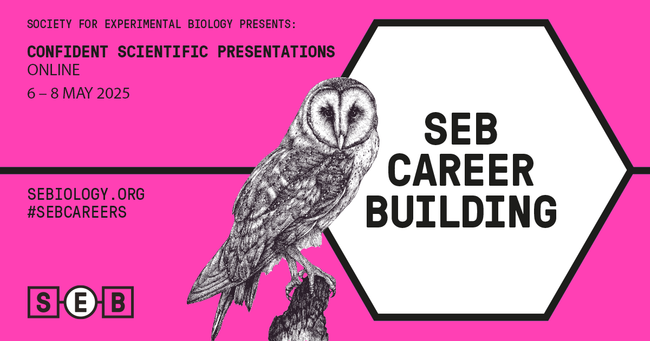
Robyn Grant
@robynannegrant
Comparative Anatomy, Physiology & Behaviour Scientist. Sensory Biologist. Interested in all things whisker-related! Views are my own.
ID: 3224555901
http://www.sste.mmu.ac.uk/staff/staffbiog/default.asp?StaffID=965 30-04-2015 14:38:08
6,6K Tweet
1,1K Followers
390 Following

Prof Nathan Lepora Nathan Lepora is introducing his team’s work on vision based tactile sensing and in-hand tactile dexterity!


Great fun at last night's Gala Dinner at the stunning St Georges Events. #biologists100



Thanks so much to The Company of Biologists and Journal of Experimental Biology for organising such an amazing meeting. We were all looked after fabulously. 😃😊😀


Can you help save this increadibly ugly but also cute critter? Dentally and optically challenged, the blind mole-rat is heading towards extinction fast. Needs to be translocated to safe places. Mammal Conservation Europe #wildlife #nature #conservation gofund.me/b7b1a8a3

Finally on route home after a 6 day data collection trip and 6 day conference stint, at 2 conferences... And check out that amazing whiskered print from Mammal Society photo comp i got 😃





If you’ve got a great idea for a scientific Workshop #BiologistsWorkshops, pitch it to The Company of Biologists biologists.com/workshops/prop… and then, if successful, sit back and let The Company of Biologists do the organising so you can focus on the science Deadline for applications: 30 May 2025

Have you seen our new #MammalReview call for papers on Surveying and monitoring mammals in a changing world? If you have an idea for a suitable review, do submit :) onlinelibrary.wiley.com/page/journal/1… Mammal Society Wiley Ecology & Evolution


🦭🔥Hot off the press! 🔥🦭 Check out this exciting work from Robyn Grant and colleagues looking at the wonderful world of whiskers! #anatomy #comparative #whiskers

Excited to share my review Journal of Physiology : Can we study whisker movements to gain insights into the natural sensory behaviours of mammals? doi.org/10.1113/JP2880… I recommend developing more social and active foraging tasks and including a wider variety of species in lab studies






